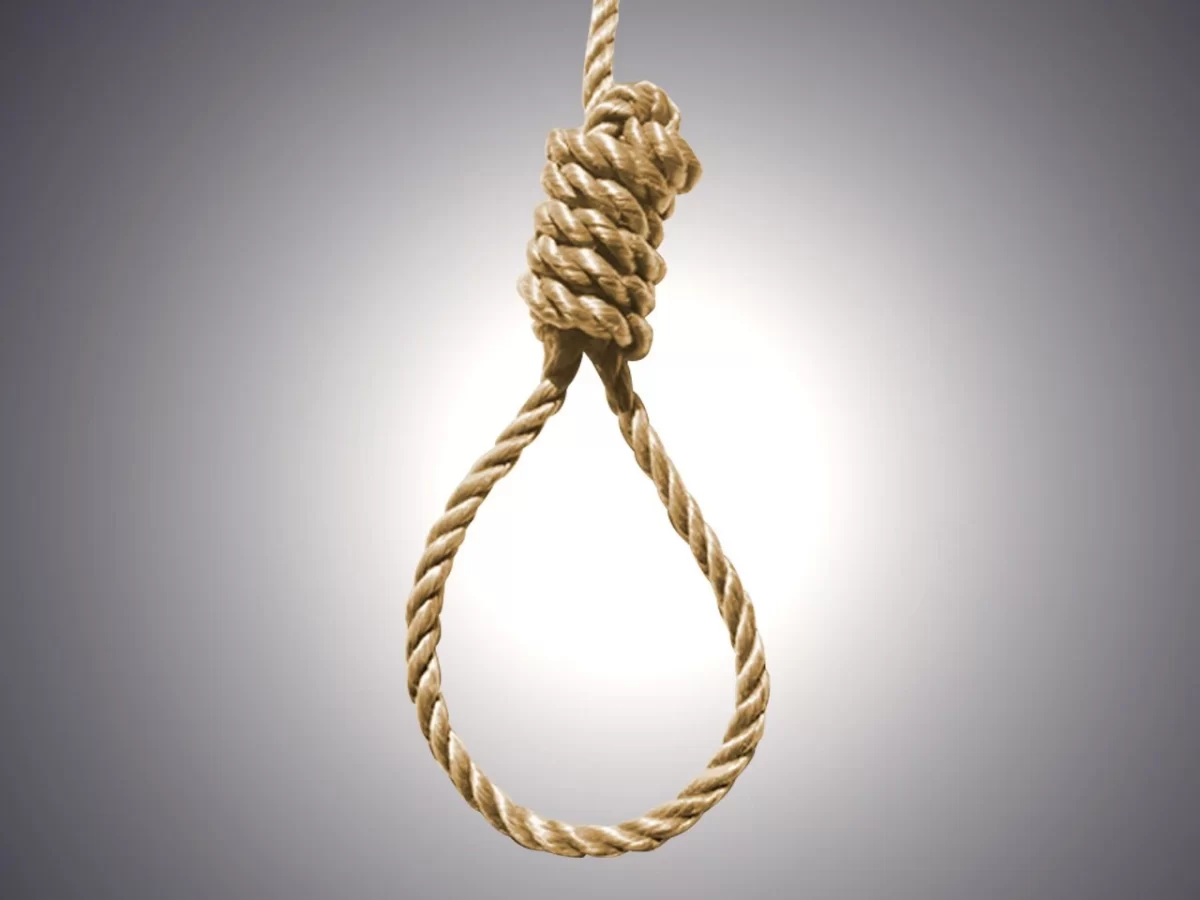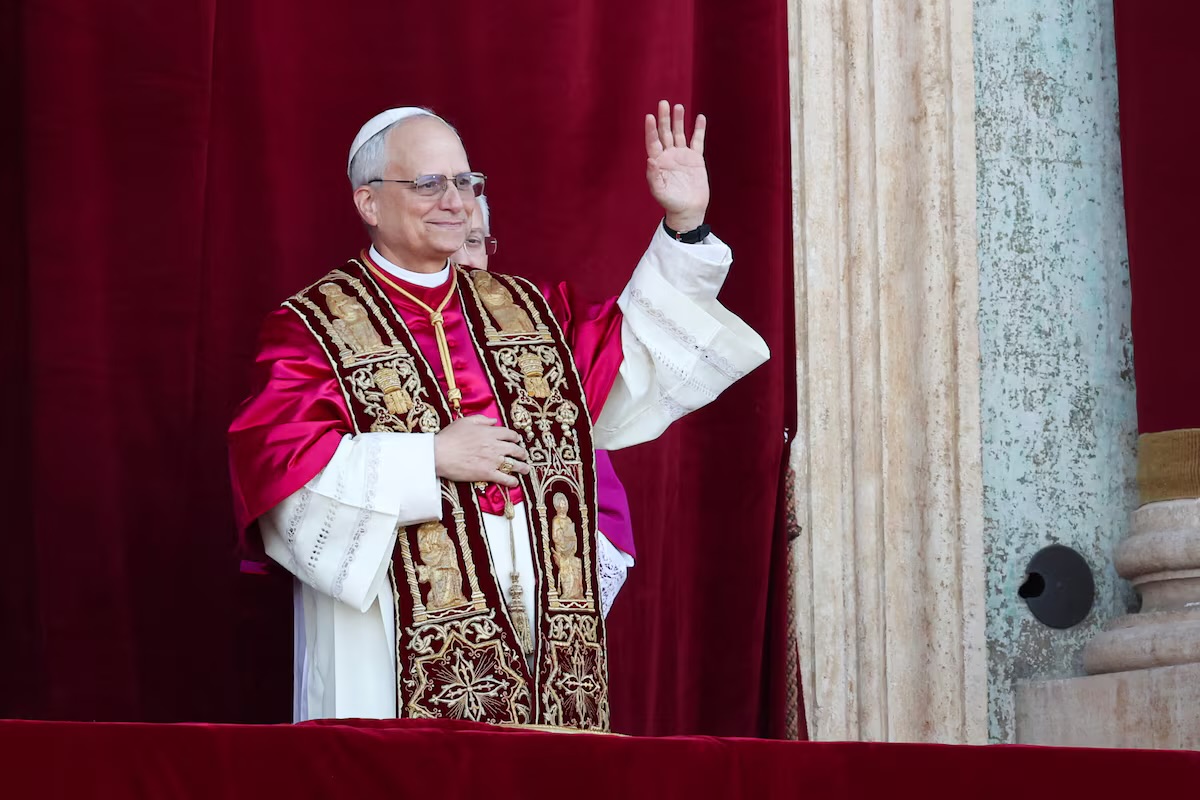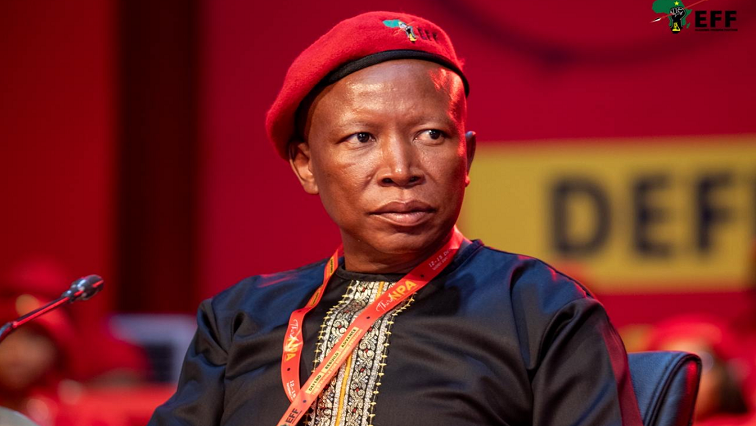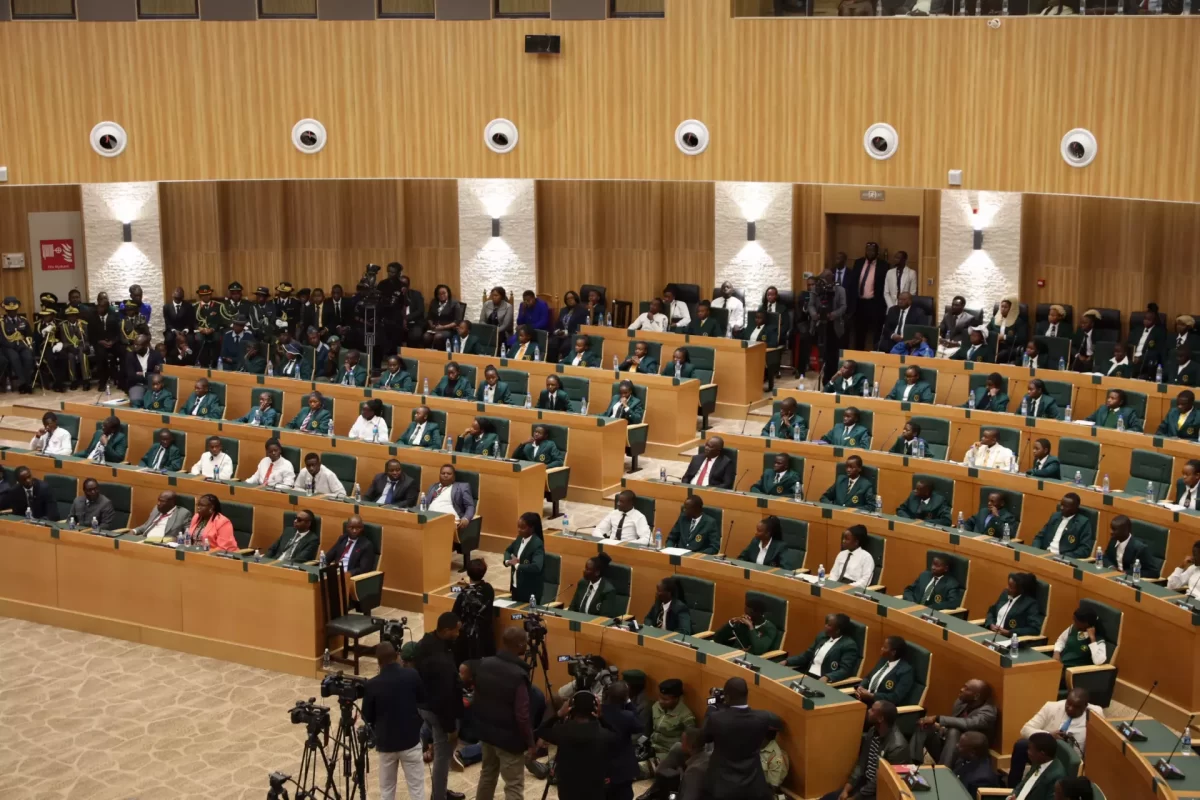HARARE – Zimbabwe officially abolished the death penalty on Tuesday after President Emmerson Mnangagwa signed into law an Act that outlaws the executions.
The Death Penalty Abolition Act was published in the government gazette after President Mnangagwa assented to the law.
This follows a unanimous parliamentary vote earlier in December to scrap the death penalty.
Zimbabwe has about 60 prisoners on death row, and the new law spares their lives.
The country last carried out executions in 2005, partly because at one point no one was willing to take up the job of the hangman.
The abolition is the result of a Private Member’s Bill brought to parliament by Dzivarasekwa MP Edwin Mushoriwa in 2023 when he pushed to amend Zimbabwe’s Criminal Law Code and the Criminal Procedure and Evidence Act to abolish the death penalty.
According to the Death Penalty Abolition Act, courts can no longer deliver a sentence of capital punishment for any offence and any existing death sentences would need to be commuted to jail time.
However, one provision says the suspension of the death penalty may be lifted during a state of emergency.
“Notwithstanding any other law- (a) no court shall impose sentence of death upon a person for any offence, whenever committed, but instead shall impose whatever other competent sentence is appropriate in the circumstances of the case: (b) the Supreme Court shall not confirm a sentence of death imposed upon an appellant, whenever that sentence may have been imposed, but instead shall substitute whatever other competent sentence is appropriate in the circumstances of the case: (c) no sentence of death, whenever imposed, shall be carried out,” reads the Death Penalty Abolition Act signed on December 31, 2024.
According to Amnesty international, globally, 113 countries, including 24 in Africa, have fully abolished the death penalty.
















